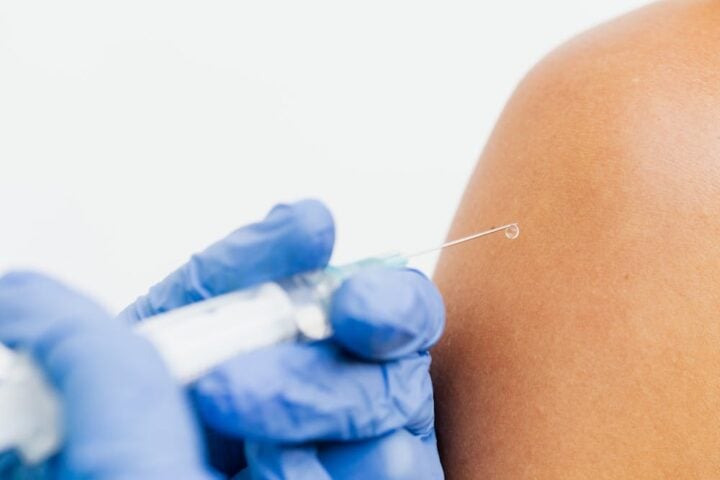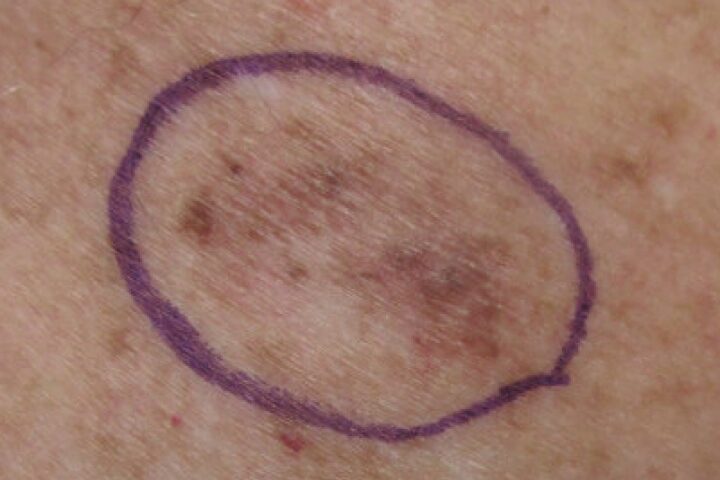Adolescents have extensive use of screens. It’s directly related to their mental health. A systematic study was carried out to understand the relationship between teen screen time (ST) and psychological disorders. The 2021 update of WHO reveals that 14% of young people between 10 and 19 have mental problems. It represents 13% of all diseases that affect this population. Depression, anxiety, and behavioral disorders were observed among the adolescents.
The ST (Screen Time) consisted of: TV, computers, tablets, and smartphones. COVID-19 added to this problem due to isolation and restrictions. The American Academy of Pediatrics (AAP) recommends that children above age five be exposed to less than 2 hours of ST per day. But already most teenagers exceed this time limit.
The method of research was Preferred Reporting Items for Systematic Review and Meta-Analyses (PRISMA)
Similar Posts
The results of the study reveal that long exposure to screens by teens affects their brain development. It disturbs the neuroplasticity of adolescents. The role of screen-based activities is important as it leads to addiction. One feels restless if one does not get the screen time. It is full of reward pathways or dopamine pathways.
The over-exposure to screens affects the sleep cycle. This is called Circadian Rhythm Disruption. This is the physiological impact due to exposure to blue light. The potential effects of excessive screen time are felt in a reduced span of attention. Memory and executive functions too are affected by excessive exposure to screens. This results in less cognitive development of the brain.
Depression and anxiety are observed in teens exposed to excessive screen time. The social media impacts on self-esteem, social comparison, and cyber-bullying. Online gaming leads to aggression and isolation of teens. Online video consumption also reduces span of attention. Online education too affects the mental health of an adolescent.
Here the parental intervention can play an important role in setting boundaries and guiding screen use. The American Academy of Pediatrics has recommended that parents have to guide the teens in the use of screens. Practical strategy to solve this problem consists in mindfulness and digital detoxification.
The socio-economic factors also affect the screen time and mental health of adolescents. The long-term effects of excessive exposure to screens will be felt in the adult stage of life. Concerted efforts of parents, educators, and teenagers are needed to overcome this issue.
In short, a study update of WHO reveals that excessive exposure to screens by teens affects their span of attention. Their cognitive development too is reduced. Anxiety and depression are observed among their behavior. Self-esteem too is affected by social media. The American Academy of Pediatrics recommends that the screen time should be only two hours per day. Online gaming results in aggression and cyber-bullying. Therefore, concerted and coordinated efforts are needed by parents, educators, and teens. The long-term effects of excessive exposure to screens will be felt in adulthood. The WHO has urged for timely action by all concerned before the problem goes out of control.



















